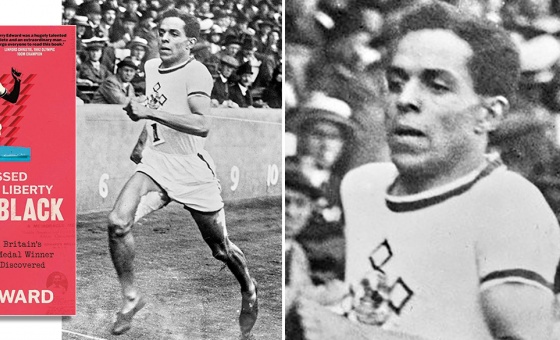This is the last article you can read this month
You can read more article this month
You can read more articles this month
Sorry your limit is up for this month
Reset on:
Please help support the Morning Star by subscribing here
AFTER weeks of abstaining on key issues such as the SpyCops Bill Keir Starmer finally took some decisive action at the end of October. Unfortunately, but perhaps predictably, it did not mean fighting the Tories but rather sparking an internal war in the Labour Party.
Starmer suspended the immediate past leader Jeremy Corbyn because he disagreed with his response to the EHRC report into anti-semitism in the Labour Party, despite, according to the BBC, assuring him the previous day that he planned not to.
It remains to be seen where this ends up, but hopefully with the early reinstatement of Corbyn.
While only one other Labour leader has been suspended or expelled from the party, Ramsay Macdonald for joining a National Government in 1931, in fact disciplinary action against those advocating policies to the left of what is usually a right-wing Labour leadership has been a consistent feature of the party since the 1930s.
Nye Bevan and several other MPs were expelled in March 1939 for advocating a popular front against Hitler and working with the Communist Party and others. He was readmitted in December 1939 after agreeing not to do this.
However he remained a left-wing critic of the government (when not a minister himself) and came close to expulsion again on several occasions in the 1950s.
His biographer and successor to his parliamentary seat in Ebbw Vale, Michael Foot, had the Labour whip withdrawn by right-wing leader Hugh Gaitskell for voting against military spending estimates in 1961. It was not restored until Harold Wilson became leader in 1963.
More recently in 2003 George Galloway — then the Labour MP for Glasgow Kelvin — was booted out by Tony Blair for opposing the war in Iraq. Galloway subsequently became an MP for the short-lived left-of-Labour party “Respect” in 2005. Blair himself continues as a Labour Party member.
Labour has also moved against left-wing groupings within the party. Organisations for youth and students have been a particular obsession. Most often the claim is they have fallen under control of those who prefer a politics of revolutionary change rather than social democratic reform.
However true this may have been, the bottom line issues were that policies and actions were called for that were to the left of the right-wing leadership of the day.
The Militant was banned by Labour in 1982 along, eventually, with several Labour MPs. Even if we allow that it had a separate structure, again the real concern was that it promoted left-wing politics that in particular embarrassed the ex-left leader Neil Kinnock.
By contrast in the present day the Progress organisation, which has the support of numerous Labour MPs, has its own structure, a director and is a registered company. It continues quite untroubled. After all it promotes the views of the Labour right.
A lot of activist energy and time has been expended over the decades in fighting various attempts by right-wing Labour leaderships to purge the left.
Sixty years ago Ralph Miliband opened his history of the Labour Party, Parliamentary Socialism, with the words that Labour had always been the most dogmatic of parties, not about socialist principles but about strict adherence to parliamentary politics and procedures.
Corbyn’s suspension has already restarted the debate about whether the left should stay in the Labour Party and fight the right, or leave and form a separate organisation.
Historically the specific context has been key. When the left is strong in the Labour Party people join, as happened under Jeremy Corbyn’s leadership.
When it isn’t there are other left-wing parties and campaigns and social movements, Black Lives Matter and Extinction Rebellion in the present day for example.
Keith Flett is a socialist historian.










